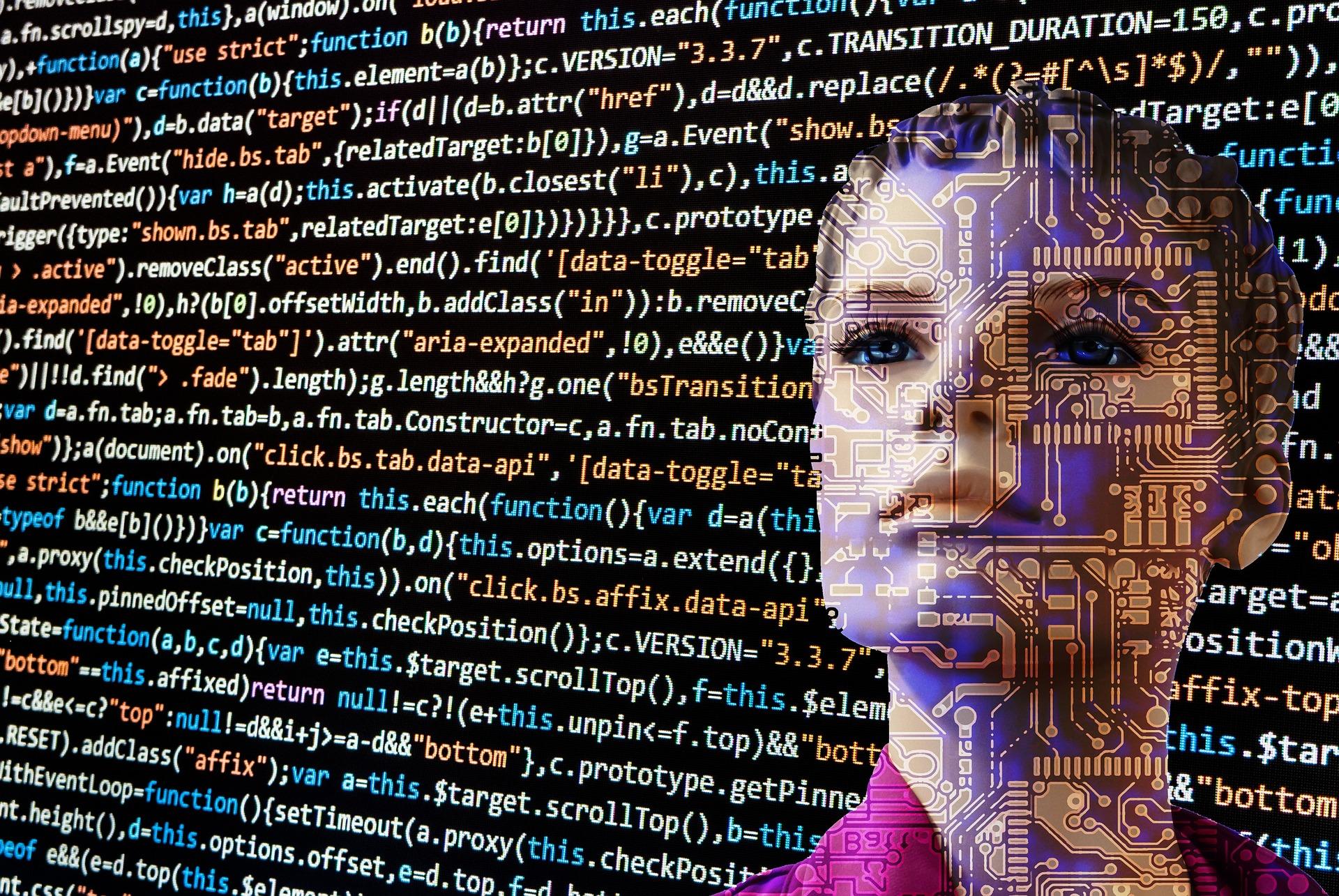AI in the Caribbean

Is the Caribbean region ready for the new age of artificial intelligence (AI)? Can we live without it, or coexist with it? What about the negative implications of a rushed implementation of AI? These are all serious concerns for us in the region as we move into the humanoid age. A large majority of island markets might not be ready for AI, as some countries are more technologically advanced than others. Most first world countries with strong foundations may be prepared to invest in AI, while developing countries may catch up with the usage of AI much later as they cannot afford, or have the capacity, to use anything too high-tech.
Furthermore, there is the worry that AI would be taking hundreds upon thousands of jobs in the future, since it is considered a better replacement for some tasks. There have been numerous studies documenting the loss of jobs when newer, improved technology was added to the workplace; an example was the automation of factories which easily replaced the need for human capital. Many individuals will have to adapt to new technology as employers will require and demand workers experienced with that technology. There might not be a huge supply of workers with such skills, thus most workers will be put at a disadvantage. Artificial intelligence seems to be doing a lot of good in providing many benefits for our modern world, but there will, inevitably, be unlikely consequences. We should be planning ahead to mitigate and manage these dangers.
The first step in preparing for the negative impacts of AI is to consider what some of those negative impacts might be. For starters, the algorithms built by humans will inevitably have built-in bias by those who either intentionally or inadvertently introduce them into the algorithm. Bias algorithms will have bias data with an unfair disadvantage. This reality could lead to unintended consequences like the situation with Twitter’s discriminatory chatbot that became racist. Can we trust big companies to build AI algorithms responsibly?
While it is predicted that many jobs will be created by artificial intelligence, there will be jobs people do today that machines will take over completely. For example, AI will increasingly replace repetitive jobs like software developers, web developers, computer programmers, coders, and data scientists that are pretty amenable to AI technologies displacing more of their work. To mitigate this, “natural humans” will require changes to training and education programmes to prepare our future workforce as well as helping current workers transition to new positions that will utilise their unique human capabilities.
While our world is a much smaller place than ever before because of technology, it means AI technology requires government regulations to allow safe and effective global interactions. Since we live in an interconnected world, the actions and decisions regarding AI in one country could adversely affect others very easily or prey on less developed regions. This is already happening with the world’s superpowers who have chosen to put profits above people by allowing its companies to apply AI much more liberally.
This liberality will bring rise to accelerated hacking because AI is able to accomplish almost anything in nano minutes. Artificial intelligence increases the speed of what can be accomplished and, in many cases, it exceeds our ability as humans to follow along. With automation, bad actors will most certainly take advantage of AI systems.
Similarly, there may be new AI-enabled form of terrorism to deal with. From the expansion of aerial unmanned drones to the introduction of robotic animals, to remote attacks or the weaponization of diseases through nanorobots, I don’t see how our defence organisations will be able to combat such new technologies.
It will take time and extensive human reasoning to determine the best way to prepare for a future with even more AI applications to ensure that even though there is potential for adverse impacts with its further adoption, these are minimised as much as possible.
Subrina Hall-Azih is a Trinidadian educator living in New York.






